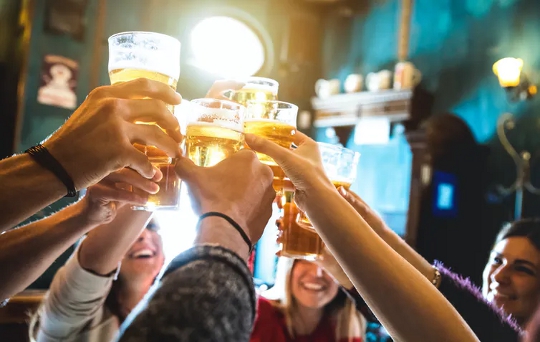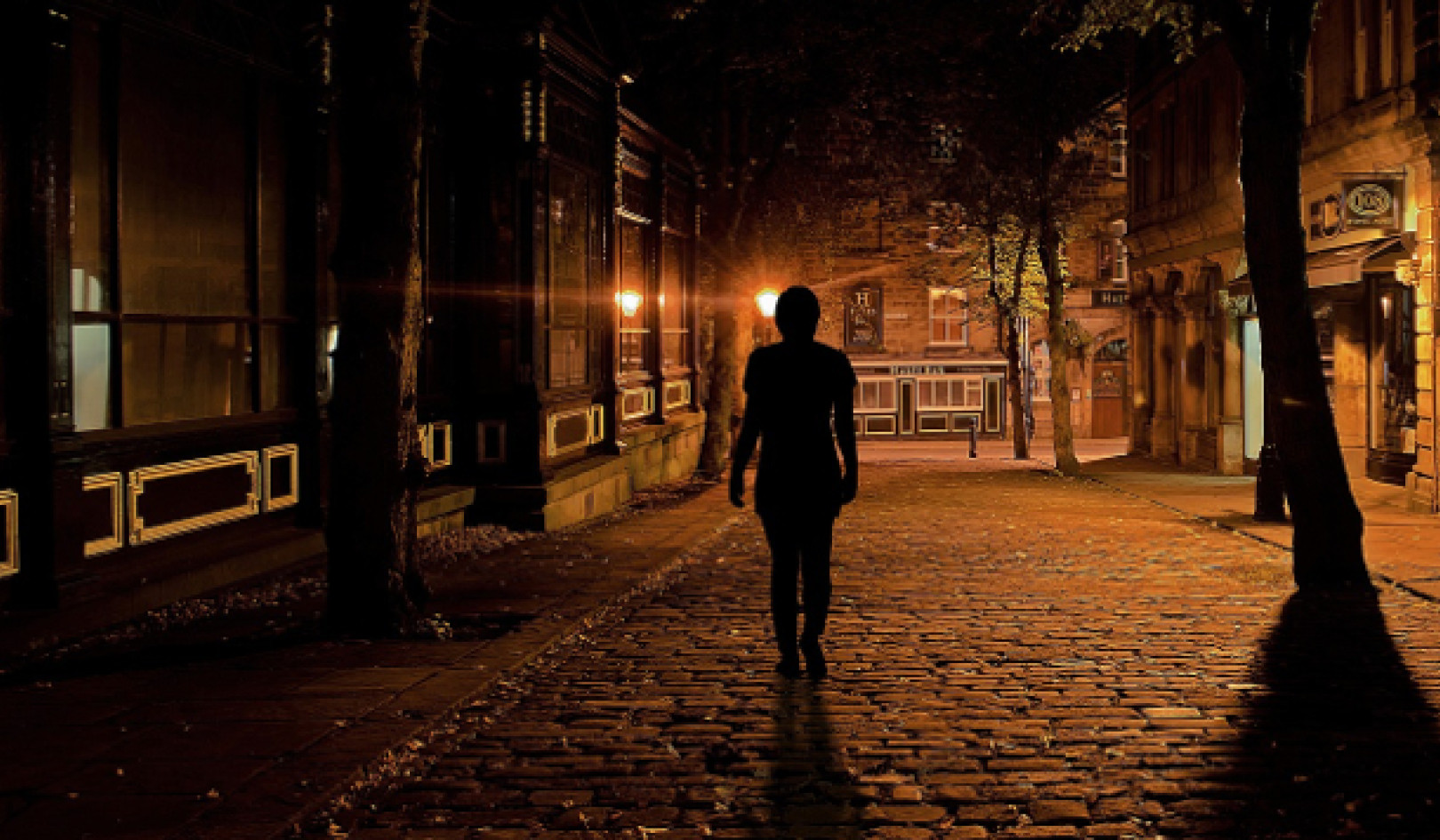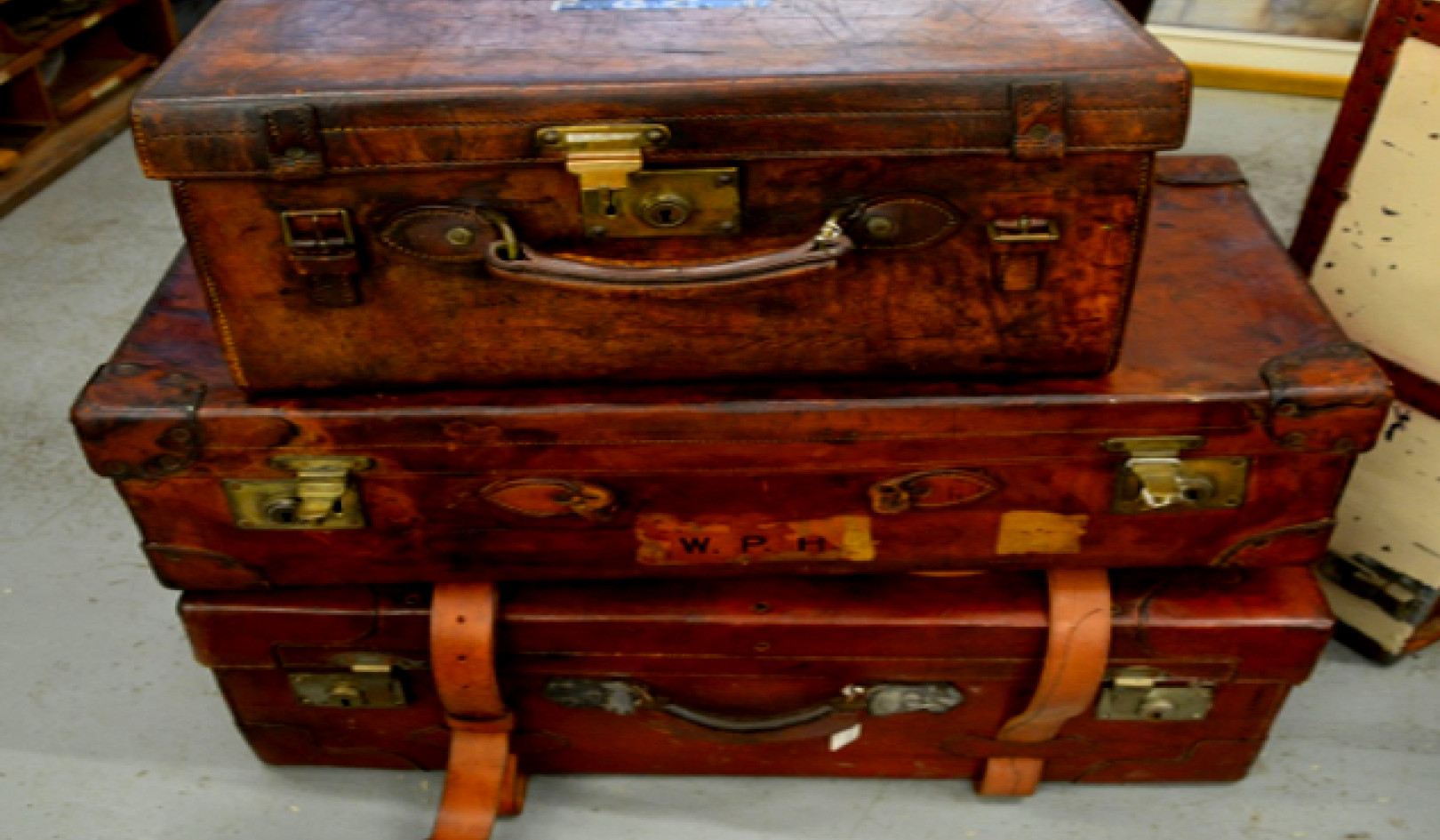The events of the past year have had a devastating impact on the hospitality sector in the UK. At the forefront of lockdown’s sacrifices for many is the closure of an institution that is a cornerstone of british culture – the pub.
An estimated 2500 pubs closed during 2020, accelerating an already existing trend prior to COVID-19. While the likes of celebrity pub owner Tom Kerridge and beer writer Pete Brown lead efforts to raise awareness about the plight of Britain’s pubs, many people find themselves longing for the unique atmosphere of their favourite “local”.
What people miss most about pubs right now has little to do with buying and drinking alcohol – after all, those habits have continued largely unhindered in the form of home drinking. Instead, it’s the opportunity to be around and interact with other people.
Pubs are recognised as important assets to their communities, providing economic and social value alike. They’re also an excellent example of what the American scholar Ray Oldenburg calls the “third place”, a space other than the home or workplace where people meet to interact and maintain relationships.
These spaces were hugely valuable but increasingly under threat even before COVID-19, with the existance of pubs, youth clubs and libraries already impacted by recent years of austerity policies and technological changes. But well-run pubs offer something that, in spite of some admirable efforts like virtual pubs, is difficult to recreate at home: a truly offline, in-person social experience.
Social interaction
Even before the pandemic, loneliness was widespread in Britain.
Through a collaboration with the Campaign to End Loneliness, I’ve been researching the role that pubs play in tackling social isolation and loneliness. The resulting report highlights the important social role that pubs play in bringing people together and fostering meaningful and valuable social interaction. Pubs are about much more than getting drunk.
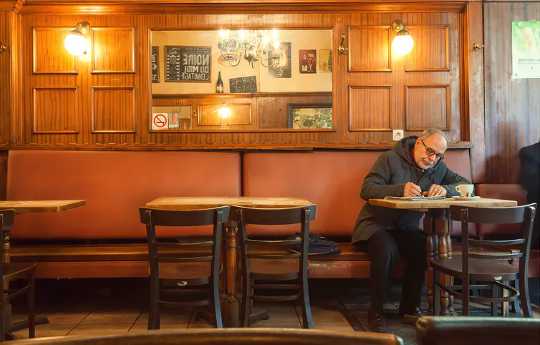 Groups most at risk of isolation and loneliness, such as older men living alone after retirement or divorce, tend to benefit from going to the pub. Radiokafka/Shutterstock
Groups most at risk of isolation and loneliness, such as older men living alone after retirement or divorce, tend to benefit from going to the pub. Radiokafka/Shutterstock
Conducted before the pandemic, my research highlights the variety of social interaction that took place in pubs. This ranges from the “swift pint” to leisurely lunches with friends and close family as part of daytime outings, or to mark celebrations.
For others, pub going involved activities such as book groups, craft classes and public talks, which many pubs offered. A number of participants also spoke of visiting pubs frequently but rarely drinking alcohol. For these people, good tea and coffee, a range of soft drinks and well-priced food were reasons to visit the pub.
The social aspect of going to the pub helps to provide opportunities for beneficial social interaction, which many people of different ages and backgrounds currently struggle to find elsewhere. Face-to-face interaction also helps to build and maintain friendships and social connections that serve as important protection against the harmful effects of loneliness. This is particularly true for groups most at risk of social isolation and loneliness, such as older men living alone after retirement or divorce.
As one retiree in his 70s told me, a trip to the pub could give him the chance of “being with people”. He said:
There’s nothing I like better than being able to talk to people […] not just about silly things but having a good laugh and, you know, generally speaking, bringing yourself out of what you’ve been doing and what you haven’t been doing.
Chronic loneliness has been likened to a negative feedback loop, where the anxiety and loss of social confidence caused by feeling lonely leads to avoiding social settings, resulting in further isolation. Going to the pub, a socially active and pleasurable activity, can help to create positive reinforcement. Increased socialising builds confidence, which in turn encourages further involvement in social events and local community activities.
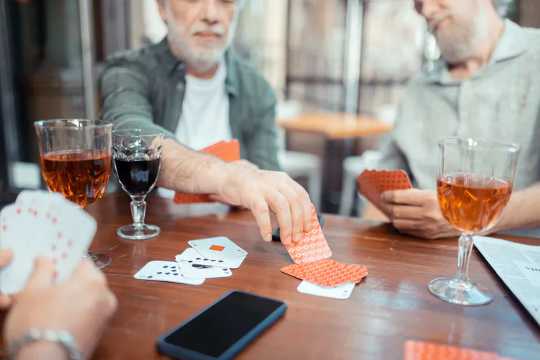 Not everyone goes to the pub for the chance to drink alcohol. Dmytro Zinkevych/Shutterstock
Not everyone goes to the pub for the chance to drink alcohol. Dmytro Zinkevych/Shutterstock
As the landlady of a rural village pub told me, the varied activities the pub hosted were “filling a gap” in her village, which otherwise lacked options for residents to interact and bond. Describing the “stitch and natter” craft groups that had proved popular with local residents, she recalled how “we’ve got a couple of ladies that have never done any crafting before and [they are] learning off people”.
Restorative hospitality
My findings add new urgency to the wider debates about how best to limit, mitigate or prevent the many damaging effects of social isolation and loneliness. When the pandemic eases, and only when it is safe to do so, it will be important to embrace the role that such social spaces can play. Pubs could even start to offer forms of “restorative hospitality”, where pubs and other public social spaces help to rekindle the social lives disrupted by the pandemic.
While pubs are not the only venues that will likely play this role, they do offer a clear example of the social infrastructure that will need to be preserved or rebuilt following the pandemic. From bowling alleys to cafes, the spaces where we come together socially all help build and maintain the social connections that are vital to managing loneliness.
If these venues are to offer these services, it’s important to remember that skilled and experienced pub staff are adept at creating introductions between customers that facilitate social interaction and help forge connections that might not otherwise have occurred.
After the pandemic, when pubs can safely reopen, it will be more important than ever that the hospitality sector receives support and recognition. Hearing the much missed sound of laughter with friends once more will be an important step in the recovery for both people and communities.![]()
About The Author
Thomas Thurnell-Read, Senior Lecturer in Sociology, Loughborough University
This article is republished from The Conversation under a Creative Commons license. Read the original article.

Related Books:
Atomic Habits: An Easy & Proven Way to Build Good Habits & Break Bad Ones
by James Clear
Atomic Habits provides practical advice for developing good habits and breaking bad ones, based on scientific research on behavior change.
Click for more info or to order
The Four Tendencies: The Indispensable Personality Profiles That Reveal How to Make Your Life Better (and Other People's Lives Better, Too)
by Gretchen Rubin
The Four Tendencies identifies four personality types and explains how understanding your own tendencies can help you improve your relationships, work habits, and overall happiness.
Click for more info or to order
Think Again: The Power of Knowing What You Don't Know
by Adam Grant
Think Again explores how people can change their minds and attitudes, and offers strategies for improving critical thinking and decision making.
Click for more info or to order
The Body Keeps the Score: Brain, Mind, and Body in the Healing of Trauma
by Bessel van der Kolk
The Body Keeps the Score discusses the connection between trauma and physical health, and offers insights into how trauma can be treated and healed.
Click for more info or to order
The Psychology of Money: Timeless lessons on wealth, greed, and happiness
by Morgan Housel
The Psychology of Money examines the ways in which our attitudes and behaviors around money can shape our financial success and overall well-being.

